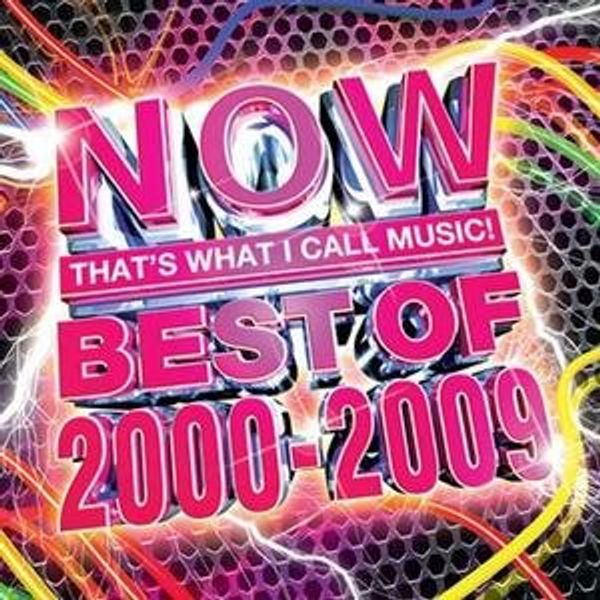In Tai Lopez’s TED Talk “Why I read a book a day (and why you should too): the law of 33 percent” he says, “Everybody wants the good life, but not everybody gets it.” He explores what successful people do differently to achieve their dreams. Through choosing whom you spend your time with, staying humble, persevering, and reading you can find the good life for yourself. Reading is viewed as a chore for young people. We are conditioned by the education system to treat reading as an obligation and means to an end. We read to get a good grade in a class rather than to learn.
Extrinsic motivation dampens our intrinsic desire to learn through books. Lopez argues that books are an incredible opportunity to download the mindsets of the smartest and most successful people who have come before you and learn from their wisdom. So, let’s explore our relationship with reading and how we can utilize the inspiring mentors that are only an Amazon click away.
Why has reading become a chore?
Reading for classes can be a time drain, and in college, not all that vital to academic success. Hopefully, students learn in their earlier education how to read efficiently and locate the main points. The reality is that many students don’t. They get bogged down reading every word of a 20, 50, or 100-page assignment every other night! When it’s only necessary to take away a few key ideas, this thorough method just isn’t a productive use of time.
Reading strategically and being able to quickly locate the most important parts are vital to time management. Time is a limited resource, and who doesn’t want more time in their day to do what they truly want? Strategic reading is a skill that has to be self-taught through your own experience. Someone can tell you how to do it, but you must practice it yourself to really master it. This certainly isn’t easy, and unfortunately many students don’t learn how to do this. As a result, young people see reading as a burden and will choose almost anything else to do with their free time.
Repairing our relationship with books.
We need to reverse our cultural view of reading as a chore and remind ourselves of the educational value for our personal growth. When we view books as resources that can guide our lives and help us fulfill our dreams and potential, who wouldn’t want more of that in their life? Each of us can repair our relationship with books, by choosing who influences us and what ideas we expose ourselves to. Essentially, we are learning how to use the tools that will enable us to build the lives we dream about. Lopez emphasizes the importance of finding those one or two nuggets of meaningful lessons in each book. Strategic reading will help you find them.





















